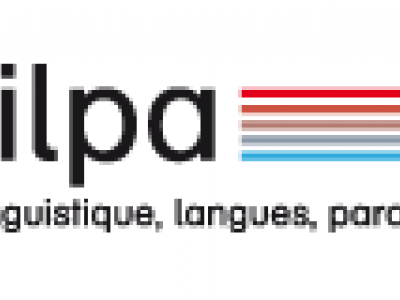Documents
Presentation Slides
A post-thyroidectomy voice quality study in patients suffering or not from Recurrent Laryngeal paralysis

- Citation Author(s):
- Submitted by:
- Ming XIU
- Last updated:
- 7 October 2016 - 6:52am
- Document Type:
- Presentation Slides
- Document Year:
- 2016
- Event:
- Presenters:
- XIU Ming
- Categories:
- Keywords:
- Log in to post comments
The main object of this study is voice quality after total thyroidectomy (which involves complete removal of the thyroid gland) or isthmolobectomie (which involves removal of the half, right or left, portions of the gland). This often causes degradation of voice quality permanently or temporarily. Voice quality will be studied using aerodynamic cues. From an aerodynamic point of view, oral airflow (Oaf) and maximum phonation time (TMP) were observed.
Data from two groups of patients were examined: one group of patients for whom postoperative examination revealed lack of mobility of one of the vocal folds; a second group of patients in whom postoperative examination revealed no perturbation of laryngeal mobility. This is a longitudinal study in which reference values are constituted by the speaker's own voice, preoperatively.
Preliminary results indicate that removal of the thyroid gland modifies the patient’s voice even though laryngeal mobility is preserved. All parameters studied underwent changes. However, time has a positive effect on all speakers, since their productions resemble, one month after surgery, the values measured in the preoperative phase.

